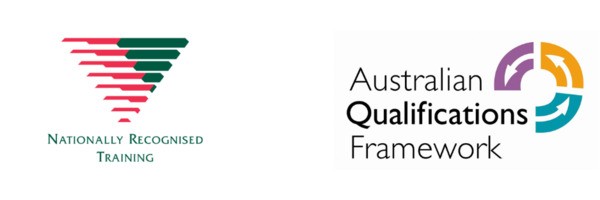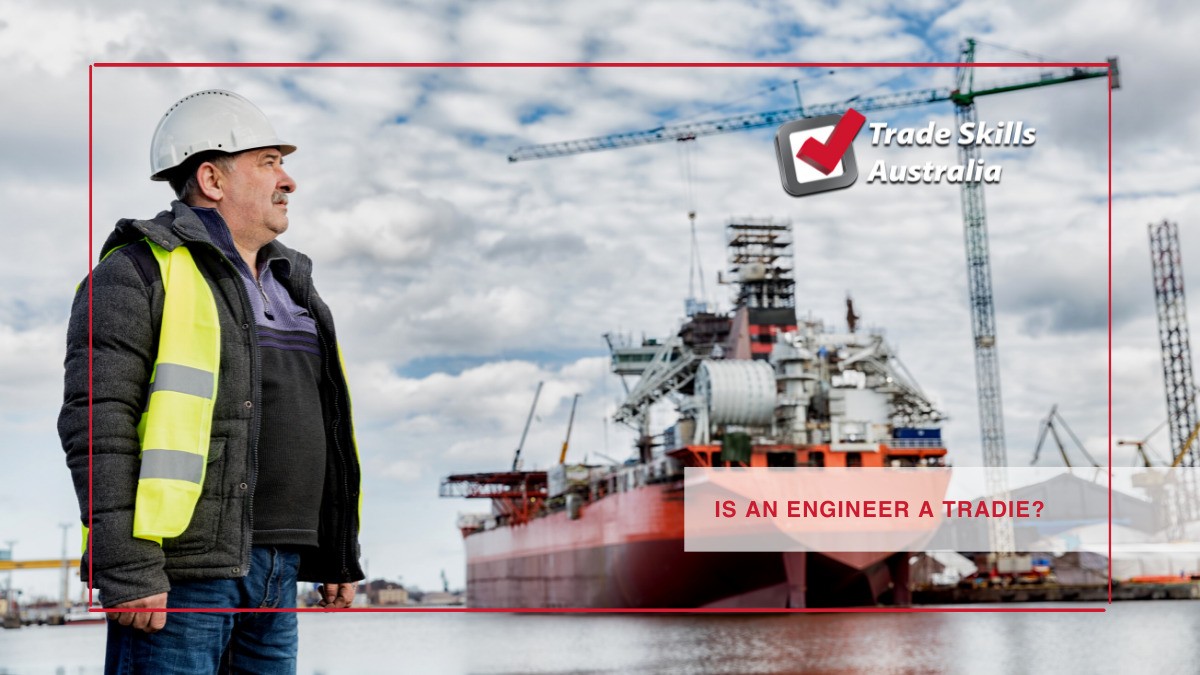OUR RESOURCES
Is an Engineer a Tradie?
Confusing? We thought so! So we decided to lay it all out and answer the question, is an engineer a tradie?
Let’s dive in.
What’s the difference between an engineer and an engineering tradie?
An engineer isn’t a tradie but a tradie can be an engineer. In fact, there are various kinds of engineers and a tradesperson is, well, a tradie that’s oozing with skills. Let’s look at the similarities and differences between an engineer and an engineering tradesperson:
- Both offer a wide variety of job opportunities – whether you want to do the blueprints or you love getting your hands dirty, pursuing engineering or engineering trades is a great pathway for success.
- Working intensely with your hands for hundreds of hours a year is also a plus for both career choices as you are constantly exposed to new and challenging opportunities.
- Great pay! Need we say more?
- Although both have tangible results, engineers are required to think about theoretical matters as well as practical ones, while tradespeople focus on the process and application of it.
- Engineers have to graduate from a university, whereas tradespeople will do an apprenticeship and go to a tertiary trades collage instead.
- The career path of an engineering graduate is fixed; which means, they can become masters of their crafts. On the other hand, engineering tradies can concentrate on a number of fields depending on where their interests head as they progress through their career.
Which One’s for You?
It’s amazing to know that both are perfectly crafted professions mustered for every endeavor you chose to take, both require physical strength and stamina.
A lot of tradies will start out their apprenticeship and find their interests move towards an engineering trade. This means they want to use their skills to build, fabricate or maintain fixed or mobile equipment, machines, structures or plant.
When a tradie has been working as a trades assistant for long enough, they might qualify for a specific qualification in their engineering trade of choice. A lot of tradies might also like to diversify their qualifications. In other words, they will start out with a Fabrication Trade Boilermaking qualification and decide they want a second qualification in Fabrication Trade Sheet Metal Working, for example.
The good news is, Trade Skills Australia offers a diverse selection of skills assessment and recognition services for qualifications in fabrication and mechanical engineering through RPL. From boilermaking to welding to even becoming a certified mobile plant mechanic, you name it.
Let’s take a look at specific engineering trades qualifications.
Certificate III in Engineering Fabrication Trade (Boilermaking) – Boilermakers typically assemble, install, and repair boilers, closed vats, and other large vessels or containers that hold liquids and gases.
Certificate III in Engineering Fabrication Trade (Welding) – Welders, also known as structural steel and welding trades workers, work with iron and steel. They cut, shape, join, and solder metals together for projects both large and small. They may also repair large structures like ships or buildings or smaller products like watches or furniture.
Certificate III in Engineering Fabrication Trade (Sheet Metal Working) – Their job involves using specifications and equipment like hammers, grinders and torches to shape the metal and then assembling it through welding and bolting.
Certificate III in Engineering Fabrication Trade (Surface Finishing) – This qualification covers chemical and mechanical surface preparation, including abrasive blasting to Australian Standard 1627 and protective coating application and inspection to Australian Standard 3894.
Certificate III in Engineering Fabrication Trade (General) – This qualification covers a broad skill set for a candidate’s that consider themselves to be a “jack of all trades” but do not specialise in a specific skill set within their fabrication environment.
Certificate III in Engineering Mechanical Trade (Fitting) – This qualification is for Candidates that typically work in manufacturing or engineering plants where they manufacture and install mechanical machinery and equipment, as well as maintaining and keeping existing equipment operational. Mechanical Fitters work in such areas as oil and gas, manufacturing, marine, mining and maintenance.
Certificate III in Engineering Mechanical Trade (Machining) – A machining specialist studies drawings and specifications to determine suitable material, method, sequence of operations and machine settings on a variety of material shaping machines. They also fit fabricated components into assemblies, use precision measuring equipment to check for accuracy and tolerances, shape cutting tools and perform maintenance tasks on the machines.
Certificate III in Engineering Mechanical Trade (General) – This qualification covers a broad skill set for a candidate’s that consider themselves to be a “jack of all trades” but do not specialise in a specific skill set within their mechanical engineering environment.
Certificate III in Engineering – Fixed and Mobile Plant Mechanic – The skills associated with this qualification are intended to apply to a wide range of trade work including manufacturing, assembly and commissioning of mobile and stationary plant, servicing, diagnosis and rectification of faults, condition monitoring and preventative maintenance.
Certificate IV in Engineering – This qualification is also suitable for Candidates that have held a leadership role within the metal, engineering, manufacturing, and associated industries.
There is quite a resemblance between engineering and engineering trade. However, studying its major differences would help you choose the right career. As mentioned earlier, engineers are required to go to a university, pick their engineering pathways and complete their study with a degree, while engineer tradespeople follow their career pathway through an apprenticeship.
Engineers tend to focus on the theoretical side of the job, while engineer tradespeople focus on the application and the practical side of the job. Engineers and engineering tradespeople are highly valued for the work they do.
We now know the similarities and differences between the two, and its long-term career pathways. Trade Skills Australia’s highest objective is to use skills recognition and assessment to assist trades people and international engineering tradies to become more employablein Australia..
Help us help you. Take the next step towards a full qualification.
Contact us today to learn more about the prior learning assessment process and the potential to take your work to the next level.
Is it time to get the job you want with the qualification you need? Contact us and find out how we can help you today!


